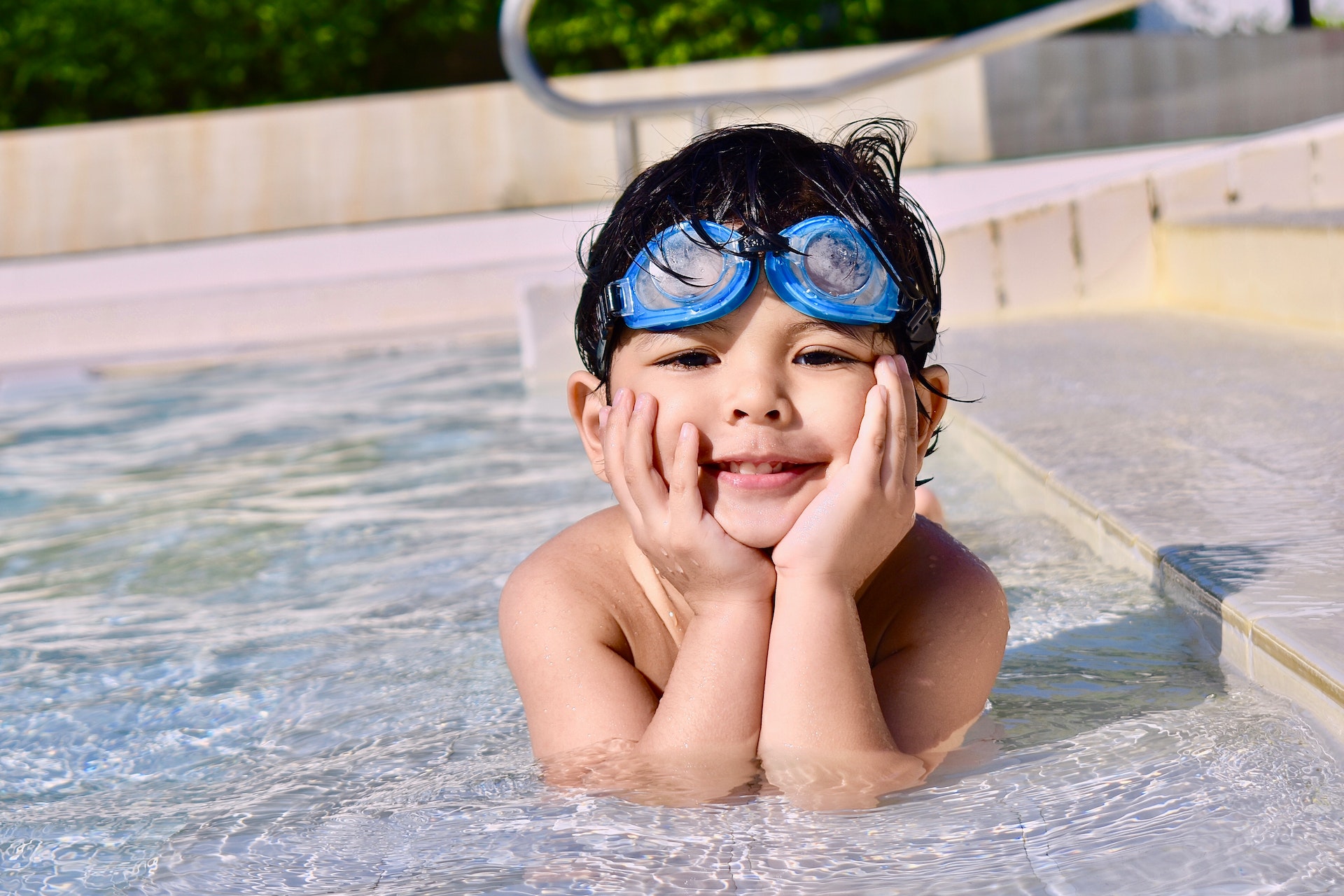
Pool Cleaning and Maintenance Tips You Need To Try Right Now
If you’re like most pool owners, you probably don’t give much thought to pool cleaning and maintenance until something goes wrong. And by then it’s often too late. Pool problems can range from annoying to costly, so it’s a good idea to be proactive about preventive maintenance.
Here are several tips that will help you keep your swimming pool clean and running smoothly all season long.
Vacuuming and cleaning the pool
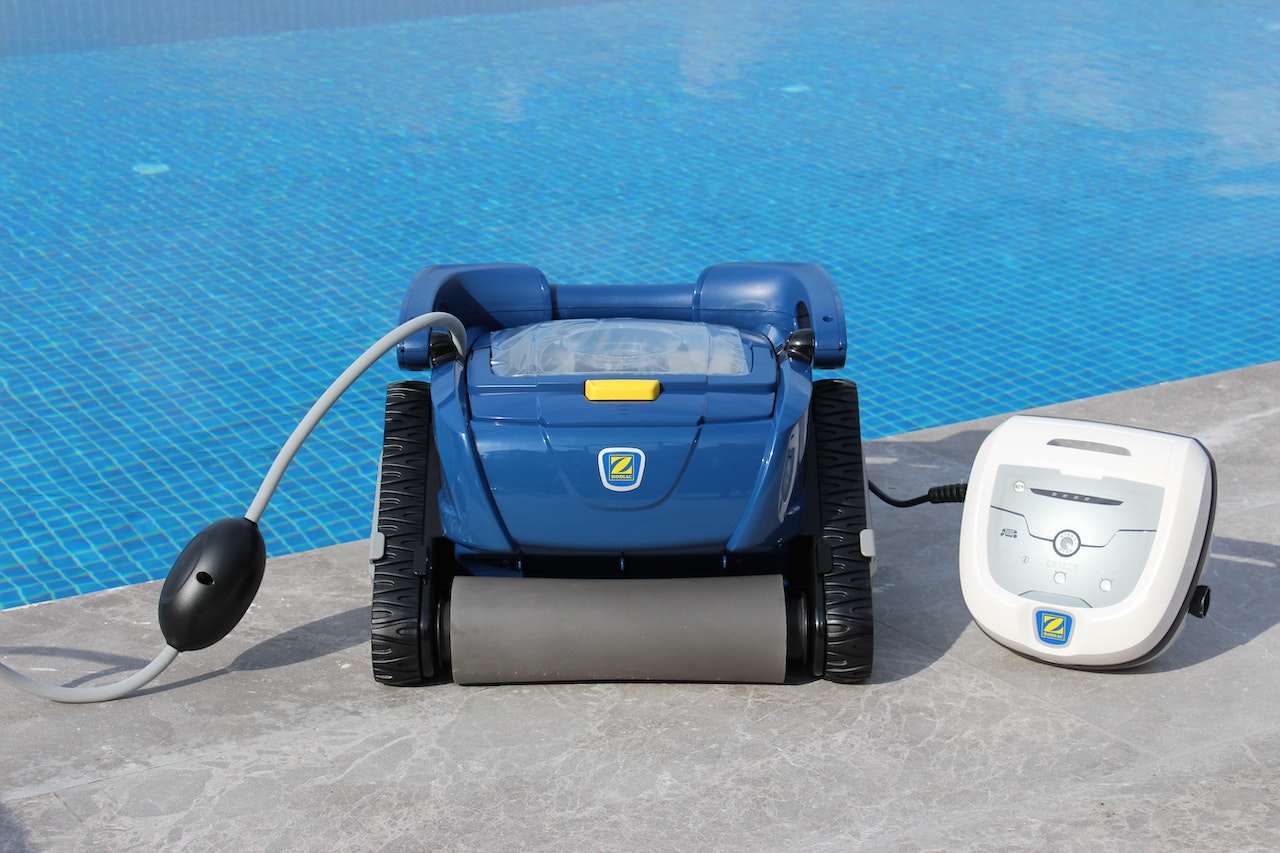
You should vacuum your pool at least once a week, and more often if needed. This helps to remove dirt, debris, and other contaminants from the water. Pool vacuums come in two types: automatic and manual.
Automatic pool vacuums are the easier of the two to use, as they attach to the pool’s filtration system and do all the work for you. Manual vacuums, on the other hand, require you to operate them yourself. They’re not as effective as automatic vacuums, but they’re much cheaper.
On the other hand, it’s also a good idea to clean the walls and floor of the pool regularly. You can use a brush or pool cleaner to do this. Pool cleaners attach to the pool’s filtration system and help to remove dirt and debris from the walls and floor of the pool. According to Maytronics, you can also find automatic cleaners that are specifically designed for above-ground pools. In-ground pools, on the other hand, require a different type of cleaner that does not attach to the filtration system.
Test the water regularly
This is the most important thing you can do to keep your pool clean and safe. Test the pH levels and chlorine levels weekly, and adjust accordingly. For instance, if the pH levels are too low, that means the water is too acidic, and that can lead to problems such as staining and scaling. Or, if the chlorine levels are too high, that can cause skin and eye irritation.
You can also use a pool test kit to check for other things, such as alkalinity and calcium hardness. There are also test strips that you can use, which are generally more accurate than liquid test kits.
On the other hand, shocking the pool is a process of adding a large amount of chlorine to the water, which kills off bacteria and other contaminants. It’s something you should do every week or two, or more often if needed. Chlorine tablets are the most common way to shock a pool, but you can also use granular chlorine.
Maintaining the pool filter
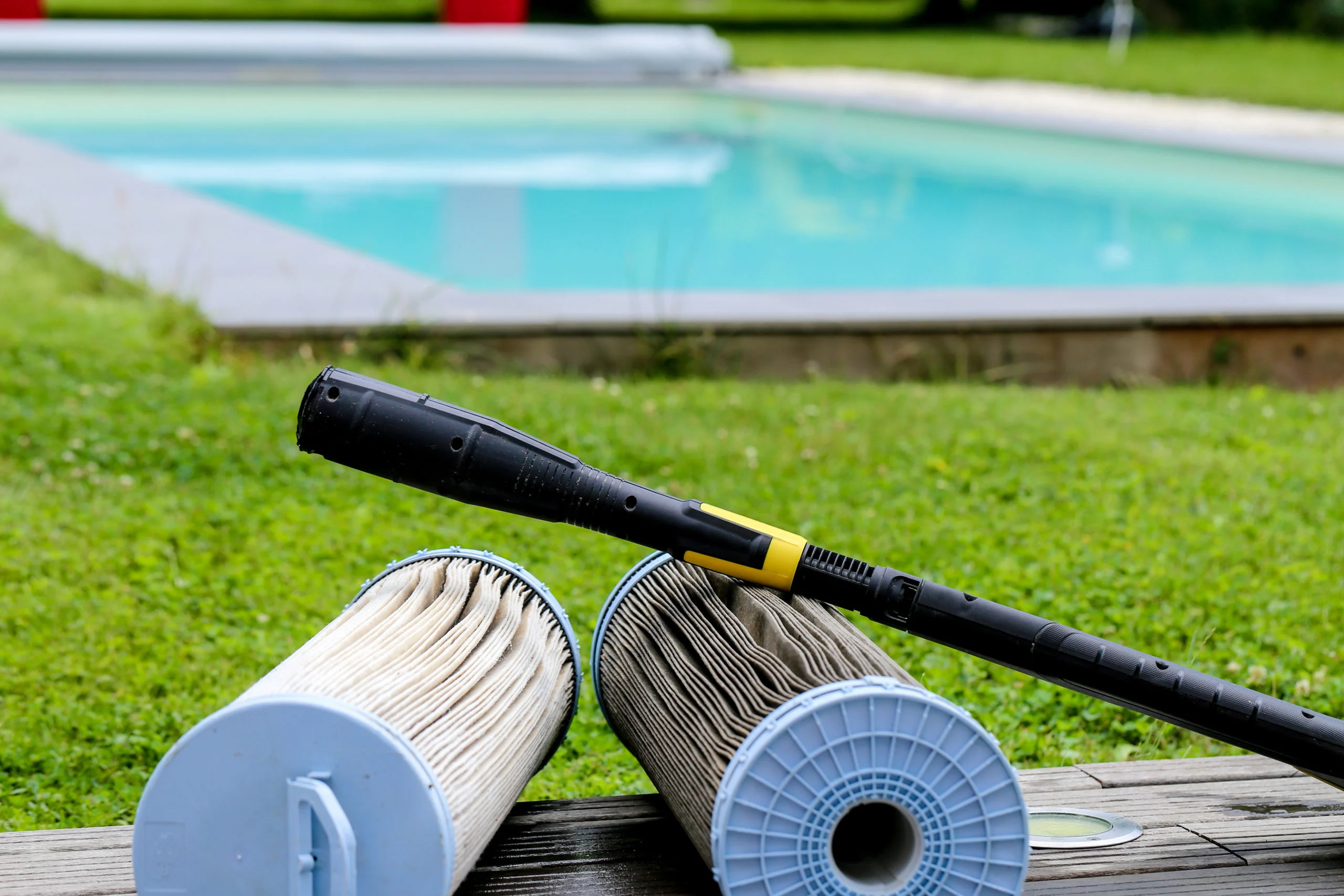
It’s important to clean or replace the pool filter regularly, as a dirty filter can lead to problems such as cloudy water and algae growth. There are three types of pool filters: sand, cartridge, and diatomaceous earth (D.E.).
Sand filters are the most common type of pool filter, and they work by trapping dirt and debris in the sand. The sand needs to be replaced every three to five years.
Cartridge filters are less common than sand filters, but they’re more efficient at trapping small particles. They also require less maintenance than sand filters, as they only need to be cleaned every few weeks.
Diatomaceous earth filters are the most efficient type of pool filter, but they’re also the most expensive. They work by trapping dirt and debris in a fine powder made from the fossilized remains of algae.
Whatever filter you have, you will need to backwash it. Backwashing your pool filter every few weeks to remove dirt and debris that have accumulated in it is a simple process that involves reversing the flow of water through the filter to flush out the debris.
You can also use a hose to backwash your pool filter, but this method is not as effective because it doesn’t remove much of the debris.
Alternative chemicals
In addition to chlorine, there are other chemicals you can add to your pool to help keep it clean. These include algaecides, which help to prevent algae growth, and clarifiers, which help to remove contaminants from the water. To choose the right chemicals for your pool, you will need to test the water to see what it needs. Algaecides and clarifiers can be added to the pool every week and are not harmful to humans or animals.
However, it’s important to use the right amount of chemicals, as too much can be harmful. You should always follow the directions on the label and consult with a pool professional if you’re unsure about how much to use.
Skimming the pool
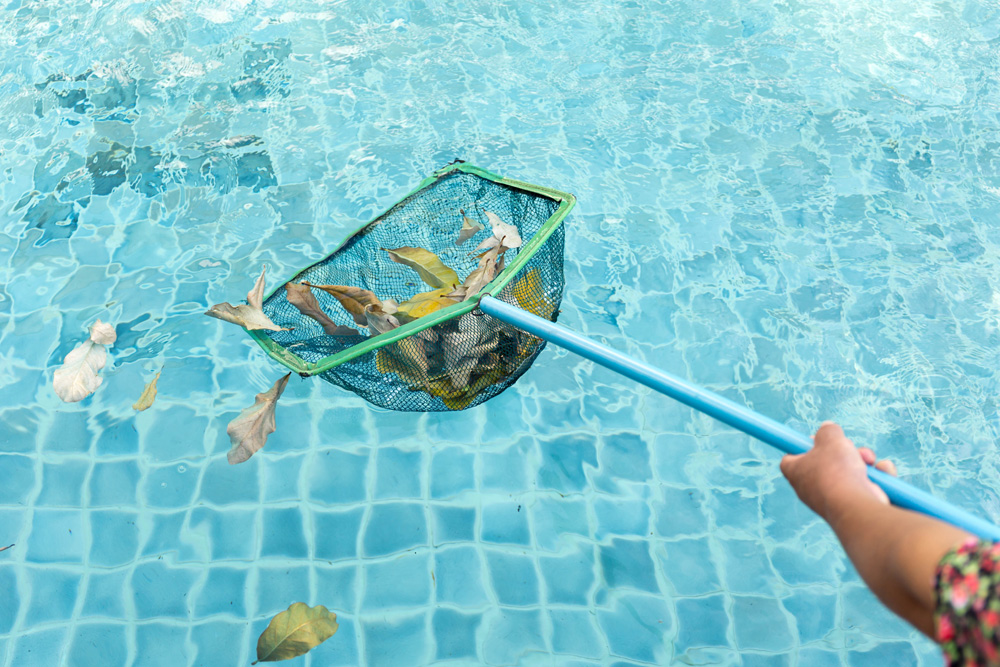
You should use a skimmer to remove floating debris, such as leaves and bugs, from the surface of the water. Manual skimmers are the most common type, and they’re attached to a pole that you use to move them around the pool. Automatic skimmers, on the other hand, are powered by batteries or an electric motor, and they move around the pool on their own. Read more on Flōridian.
You should also empty the skimmer basket regularly, as it can quickly fill up with debris.
Many pool owners also use a leaf net to remove leaves and other debris from the surface of the water. Leaf nets are large, mesh nets that you can sweep across the surface of the pool to collect debris.
Use the cover
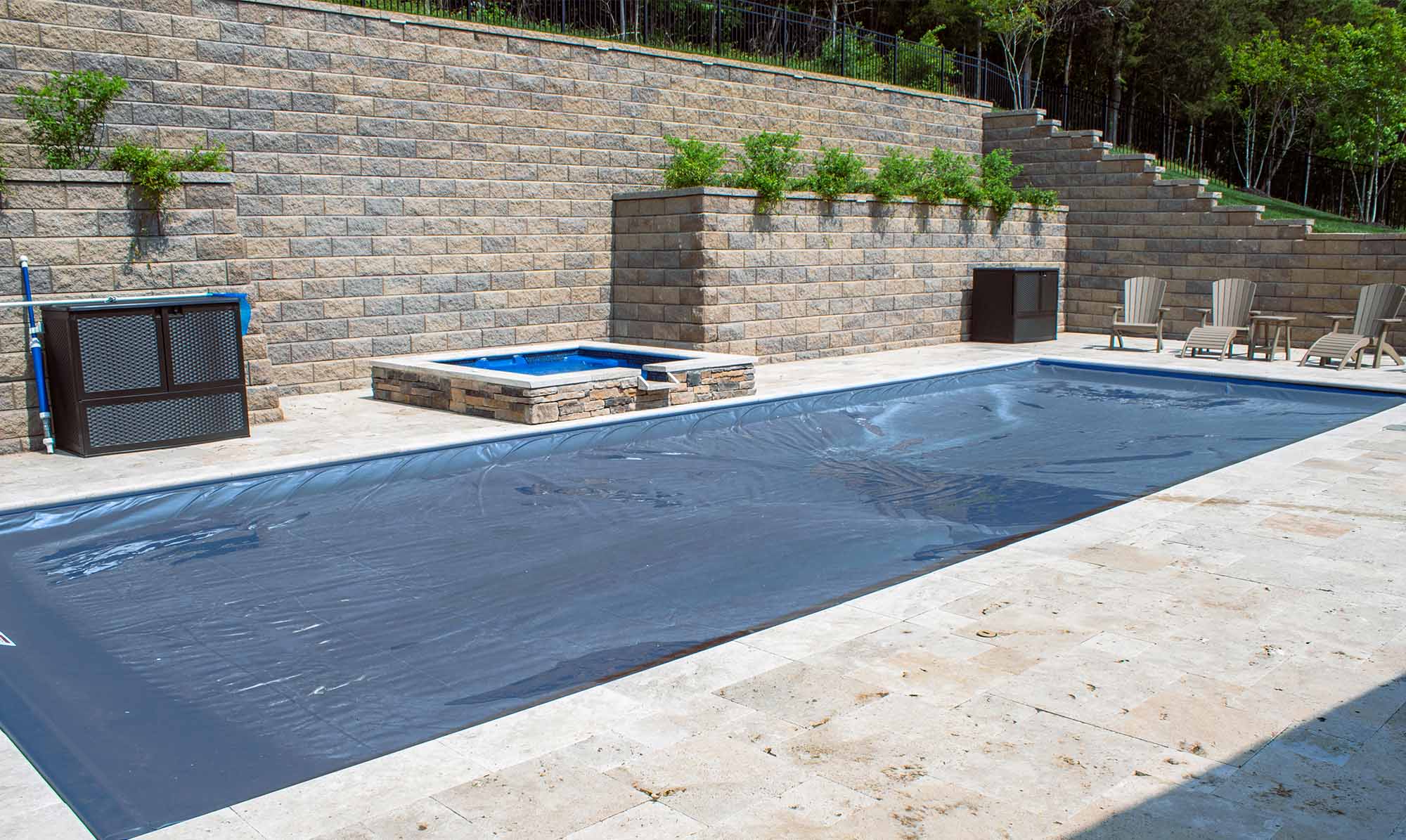
Pool covers help to prevent debris from entering the pool and also help to keep the water warm. There are two types of pool covers: solid and mesh. Solid covers are made from materials such as vinyl or plastic, and they completely cover the surface of the pool. Mesh covers, on the other hand, are made from a mesh material that allows water to pass through while still trapping debris.
You should also use a pool cover when you’re not using the pool, as this will help to keep the water clean and prevent evaporation.
Additionally, you should use a pool cover if you have an above-ground pool, as this will also help to keep the water from overflowing.
To have a clean and well-maintained pool, you need to backwash your filter regularly, add the right chemicals to the water, skim the surface of the water, and use a pool cover. By following these simple tips, you’ll be able to enjoy your pool all season long!
